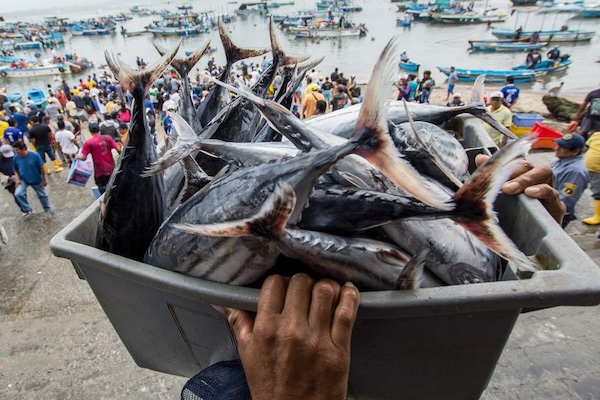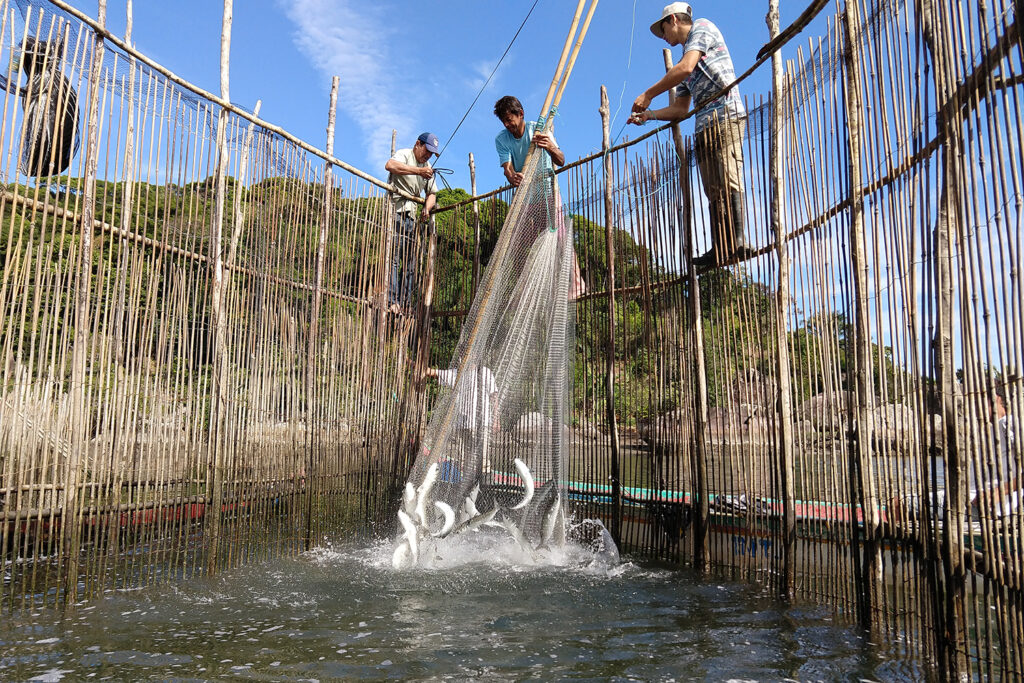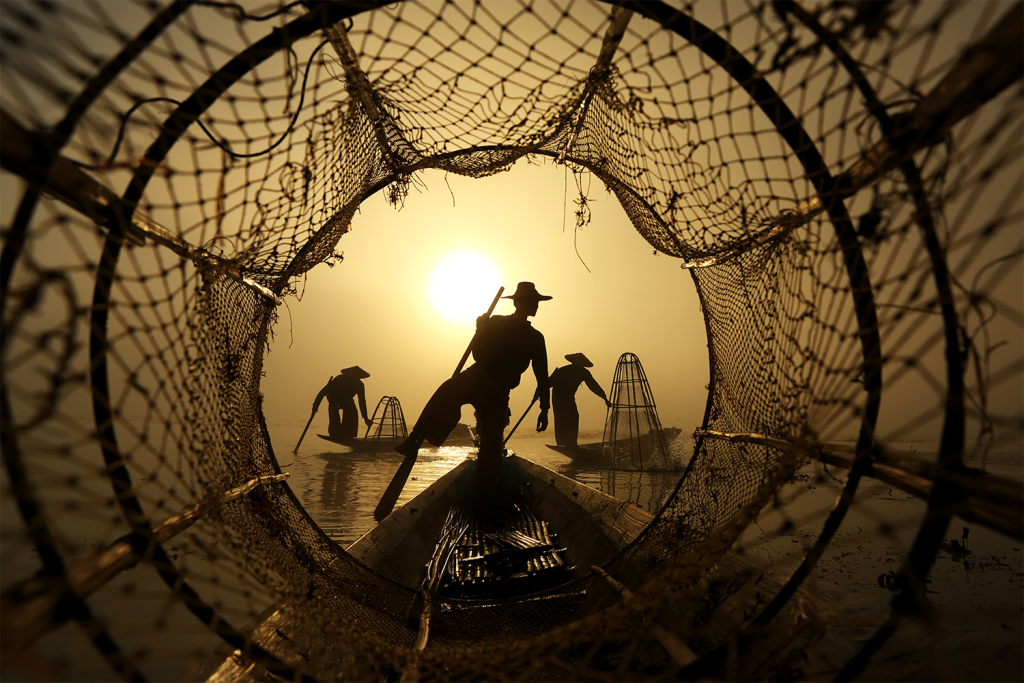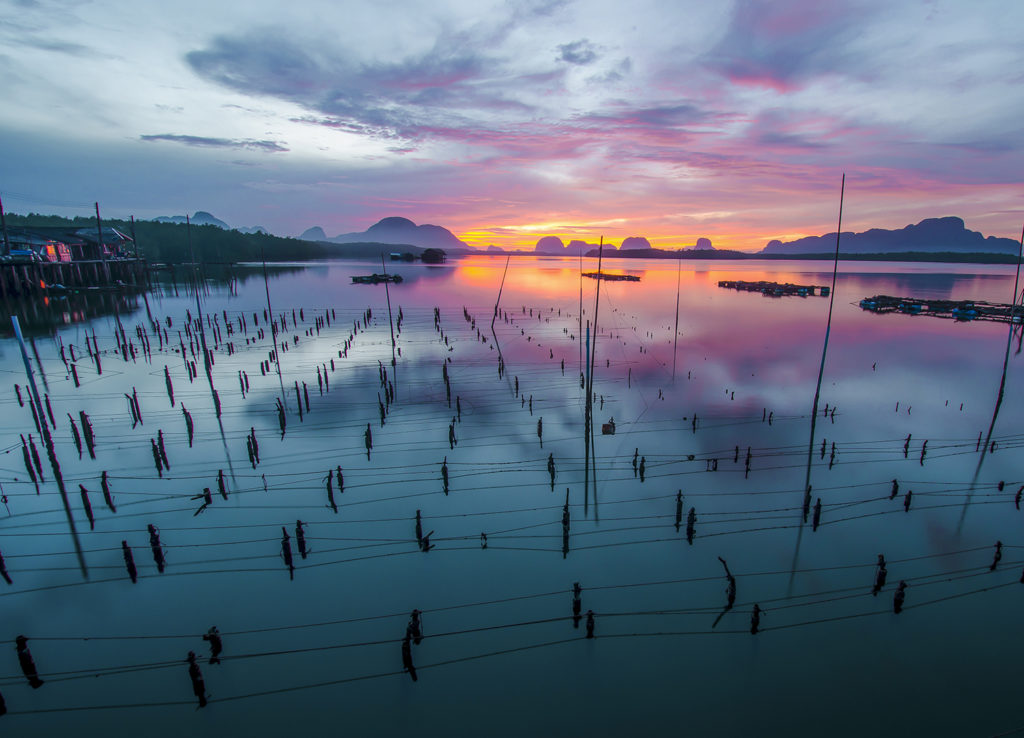FAO urges increased investment in seafood production, saying ‘blue foods’ are critical for global food security

The Food and Agriculture Organization of the United Nations (FAO) has called for increased investment in a Blue Transformation, emphasizing that aquatic foods are critical to ensuring food security and combating poverty.
Speaking at a G7 meeting in September, FAO Chief Economist Máximo Torero presented findings from a key FAO report on fisheries and aquaculture, urging agricultural ministers to prioritize the sustainable development of aquatic food systems to address pressing food security challenges.
The flagship State of World Fisheries and Aquaculture (SOFIA) 2024 report, released in June, revealed that global fisheries and aquaculture production has reached a record high, with aquaculture production of aquatic animals surpassing capture fisheries for the first time.
However, Torero explained that to keep up with the growing global population – expected to reach 9.7 billion by 2050 – the world will need 22 percent more aquatic food to maintain current consumption levels. The challenge is even greater in regions like Africa, which would need a 74 percent increase in supply to keep up with current per-person consumption rates. To match the global average consumption of 20.7 kg per person by 2050, Africa would need a 285 percent increase in aquatic food production.
“These figures are a serious reflection of the ongoing challenge to feed the world, requiring major investments and transformation in the sector,” Torero said. “This is at the core of FAO’s call to invest in a Blue Transformation, for a world where aquatic foods play a more significant and impactful role in ending hunger and poverty.”
The SOFIA report highlights the growing importance of aquatic foods in global food security, with aquaculture poised to meet rising demand. Despite this, Torero stressed that marine capture fisheries remain essential for food, livelihoods and sustainable development, especially as the sector employs 62 million people – over 90 percent in small-scale operations. Including the full value chain and dependents, about 600 million people rely on the sector, primarily in the developing world.
However, sustainability remains a concern, with only 62.3 percent of marine stocks fished at biologically sustainable levels in 2021, a 2.3 percent decline from previous assessments. Torero emphasized the need for effective management of all fish stocks, underscoring FAO’s Blue Transformation as a critical tool to address sustainability failures while ensuring the needs of small-scale fisheries are fully considered in policy and management efforts.
Now that you've reached the end of the article ...
… please consider supporting GSA’s mission to advance responsible seafood practices through education, advocacy and third-party assurances. The Advocate aims to document the evolution of responsible seafood practices and share the expansive knowledge of our vast network of contributors.
By becoming a Global Seafood Alliance member, you’re ensuring that all of the pre-competitive work we do through member benefits, resources and events can continue. Individual membership costs just $50 a year.
Not a GSA member? Join us.
Author
Tagged With
Related Posts

Responsibility
FAO: Climate change could reduce fish biomass 10 percent by mid-century
Global projections show fish biomass could drop more than 10 percent in many regions by mid-century if greenhouse gas emissions stay high.

Intelligence
FAO: Aquaculture officially overtakes fisheries in global seafood production
Biennial FAO report, The State of World Fisheries and Aquaculture 2024, says aquaculture production exceeded fisheries for the first time in 2022.

Fisheries
Small-scale fisheries are ‘crucial’ to global food security – but can the sector satisfy the global demand for protein and nutrients?
FAO report underlines the vital role small-scale fisheries play in ensuring global food security and sustainable development.

Responsibility
How aquaculture furthers the Blue Growth Initiative
Blue Growth is as an integral part of sustainable global development and the Food and Agriculture Organization's Sustainable Development Goals as they relate to conservation of marine resources.



